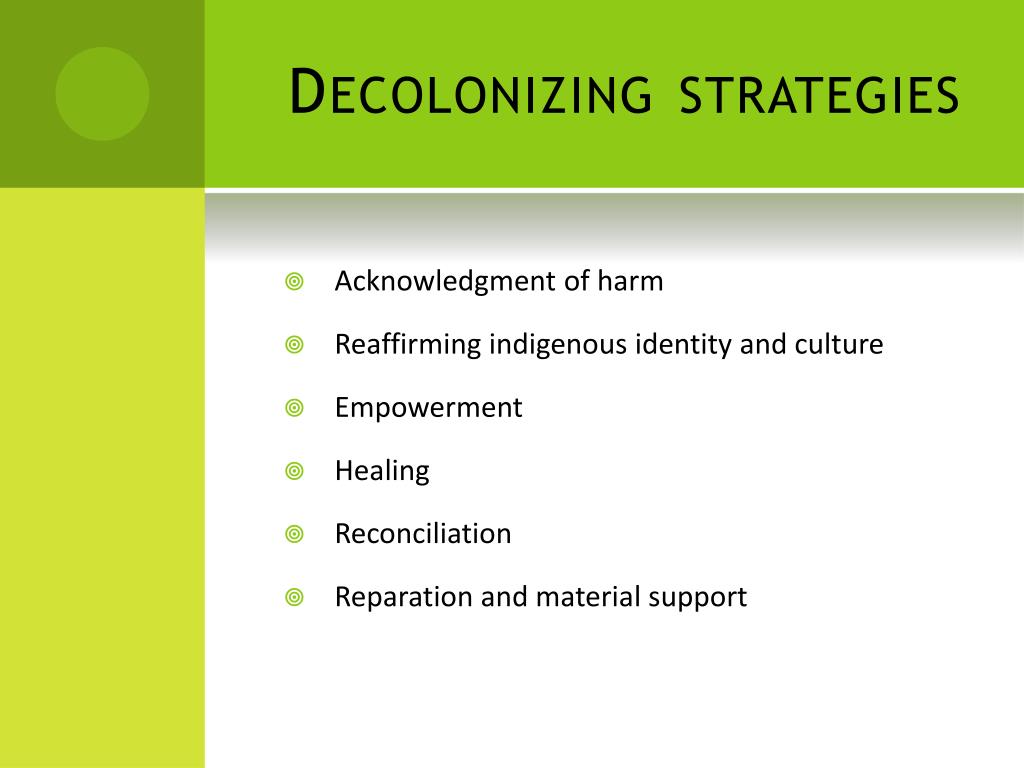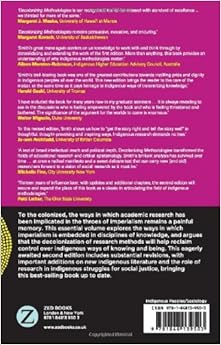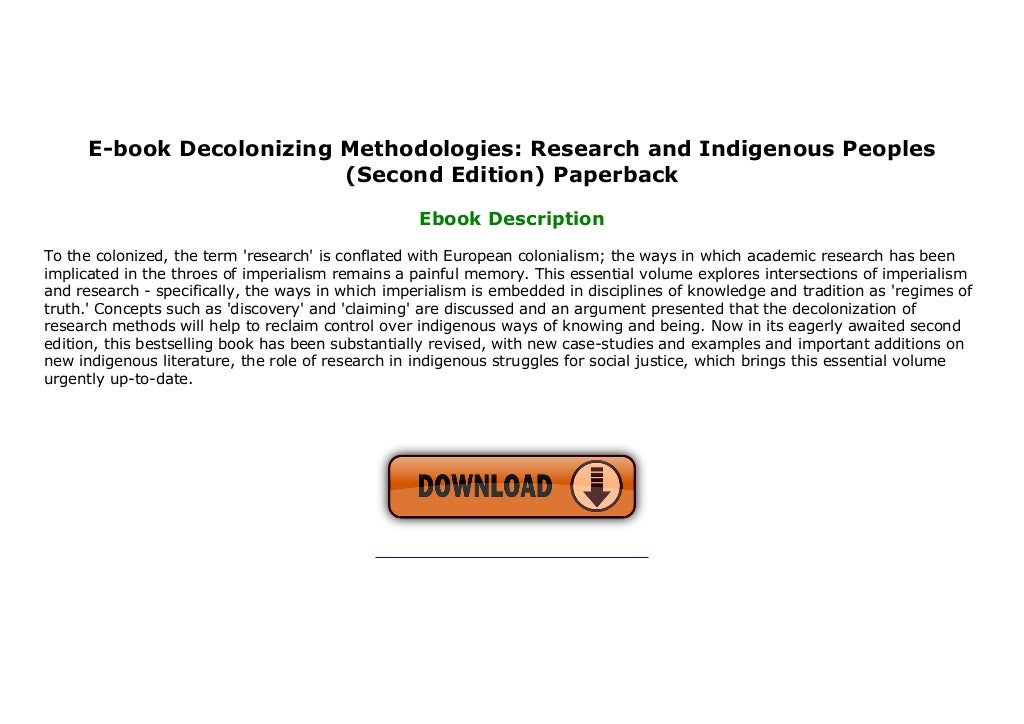



Tri-Council Canada is an umbrella term referring to the three distinct federal government funding bodies: (1) Canadian Institute for Health Research (CIHR), (2) Social Sciences and Humanities Research Council (SSHRC), and (3) Natural Sciences and Engineering Research Council (NSERC). This paper provides an overview of the consultation process, the themes that emerged from the consultations, and a model of the Wholistic Indigenous Research Framework that emerged. The ultimate goal of this initiative is to create Indigenous research ethics guidelines, protocols, and processes that can be used at the central administrative level of the university for furthering reconciliation, safe and beneficial research, supporting Indigenous research governance, data sovereignty, and self-determination. This undertaking forms part of the authors’ university’s commitment to fulfilling the Truth and Reconciliation Commission (TRC) of Canada’s Calls to Action (2015) and is a critical component of their strategic plan toward Indigenous reconciliation.

To address this issue the authors of this paper, with the help of graduate and Indigenous community research assistants, undertook community consultation across their university to identify the ethical needs of Indigenous researchers, communities, and Elders. All subjects Allied Health Cardiology & Cardiovascular Medicine Dentistry Emergency Medicine & Critical Care Endocrinology & Metabolism Environmental Science General Medicine Geriatrics Infectious Diseases Medico-legal Neurology Nursing Nutrition Obstetrics & Gynecology Oncology Orthopaedics & Sports Medicine Otolaryngology Palliative Medicine & Chronic Care Pediatrics Pharmacology & Toxicology Psychiatry & Psychology Public Health Pulmonary & Respiratory Medicine Radiology Research Methods & Evaluation Rheumatology Surgery Tropical Medicine Veterinary Medicine Cell Biology Clinical Biochemistry Environmental Science Life Sciences Neuroscience Pharmacology & Toxicology Biomedical Engineering Engineering & Computing Environmental Engineering Materials Science Anthropology & Archaeology Communication & Media Studies Criminology & Criminal Justice Cultural Studies Economics & Development Education Environmental Studies Ethnic Studies Family Studies Gender Studies Geography Gerontology & Aging Group Studies History Information Science Interpersonal Violence Language & Linguistics Law Management & Organization Studies Marketing & Hospitality Music Peace Studies & Conflict Resolution Philosophy Politics & International Relations Psychoanalysis Psychology & Counseling Public Administration Regional Studies Religion Research Methods & Evaluation Science & Society Studies Social Work & Social Policy Sociology Special Education Urban Studies & Planning BROWSE JOURNALSĮnsuring that Indigenous research is not only safe, but also of benefit to the communities involved and impacted, requires fundamental changes in how academic research is conducted.


 0 kommentar(er)
0 kommentar(er)
